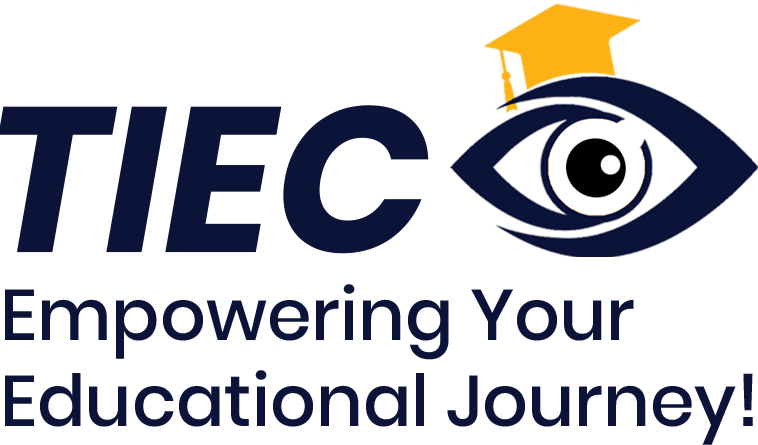Introduction:
Nepal, a country rich in cultural diversity and natural beauty, is also home to a vibrant education system. As students embark on the journey to pursue higher education, the importance of educational consultancy becomes increasingly evident. Educational consultants play a crucial role in guiding students through the complex process of choosing the right academic path, facilitating their transition to institutions abroad, and ensuring a smooth educational experience. In this article, we will explore the significance of educational consultancy in Nepal and how it contributes to the academic success of aspiring students.
1. Comprehensive Guidance:
Educational consultants serve as a bridge between students and the myriad of educational opportunities available worldwide. They provide comprehensive guidance, helping students identify their strengths, interests, and career goals. By conducting thorough assessments, consultants assist students in making informed decisions about their academic future.
2. Navigating Admission Processes:
The admission process can be daunting, especially for international institutions. Educational consultants streamline this process by offering insights into application requirements, deadlines, and necessary documentation. Their expertise ensures that students submit compelling applications that stand out to admission committees.
3. Counseling on Scholarships and Financial Aid:
Finances often play a crucial role in shaping educational choices. Educational consultants help students explore scholarship and financial aid options, making higher education more accessible. By offering guidance on merit-based scholarships, need-based aid, and other funding opportunities, consultants contribute to reducing financial barriers.
Studying abroad involves adapting to a new culture and educational system. Educational consultants provide valuable support by preparing students for the cultural nuances of their chosen destination. This includes guidance on accommodation, local customs, and practical tips for a successful transition.
5. Career Counseling and Pathway Planning:
Beyond academic pursuits, educational consultants assist students in charting their career paths. They provide insights into emerging industries, job markets, and the skills required for success. This holistic approach ensures that students not only excel academically but also align their education with their long-term career aspirations.
6. Facilitating Communication with Institutions:
Educational consultants establish effective communication channels with universities and colleges. This ensures that students receive accurate and timely information, fostering a positive relationship between the institution and the student. This ongoing support contributes to a more enriching educational experience.
7. Continuous Support for Students and Parents:
The journey towards higher education is not a one-time event; it requires ongoing support. Educational consultants provide continuous guidance to both students and their parents, addressing concerns, and offering solutions throughout the academic journey.
Conclusion:
Educational consultancy in Nepal serves as a guiding light for students navigating the complex landscape of international education. By providing comprehensive support, from initial career counseling to post-graduation pathways, educational consultants play a pivotal role in shaping the academic success and future careers of aspiring students. As the demand for global education continues to rise, the role of educational consultancy in Nepal becomes increasingly indispensable, opening doors to a world of opportunities for the nation’s bright and ambitious youth.


